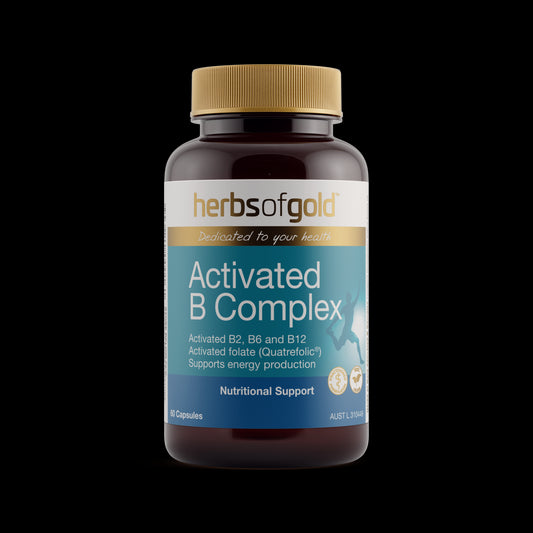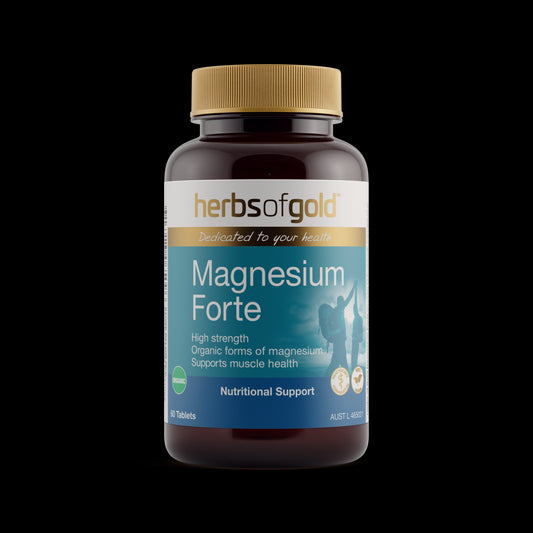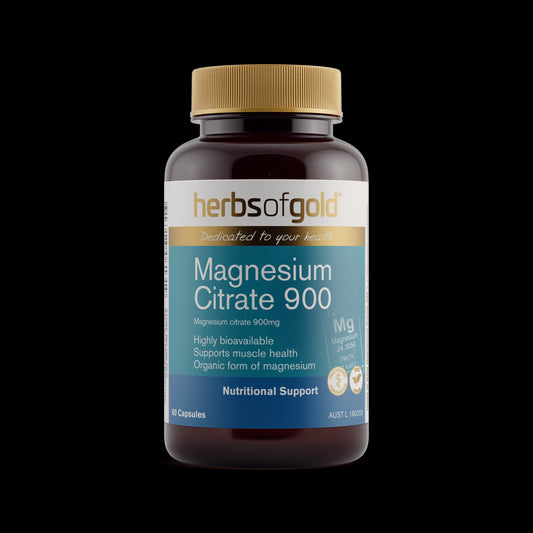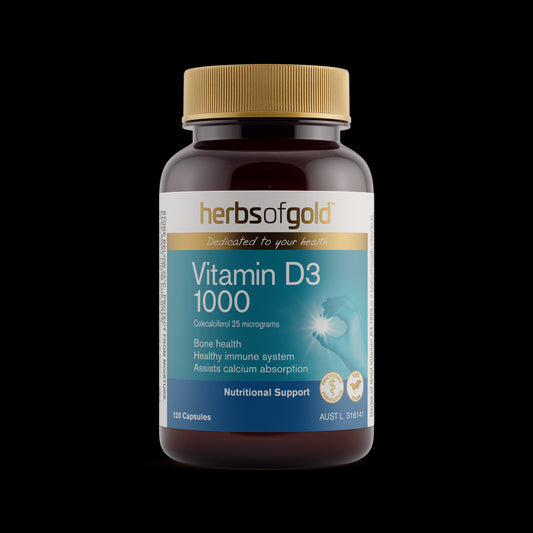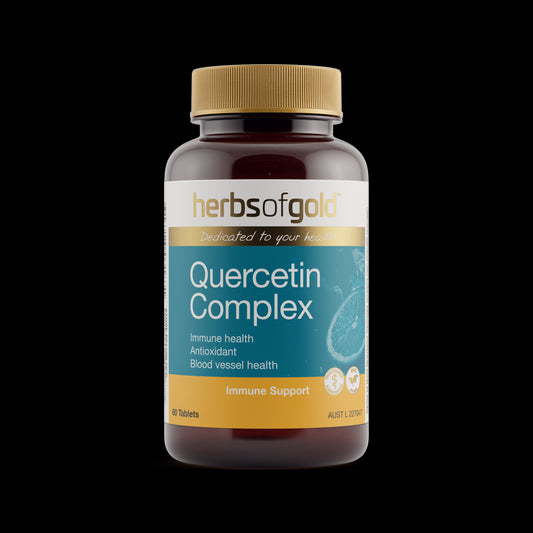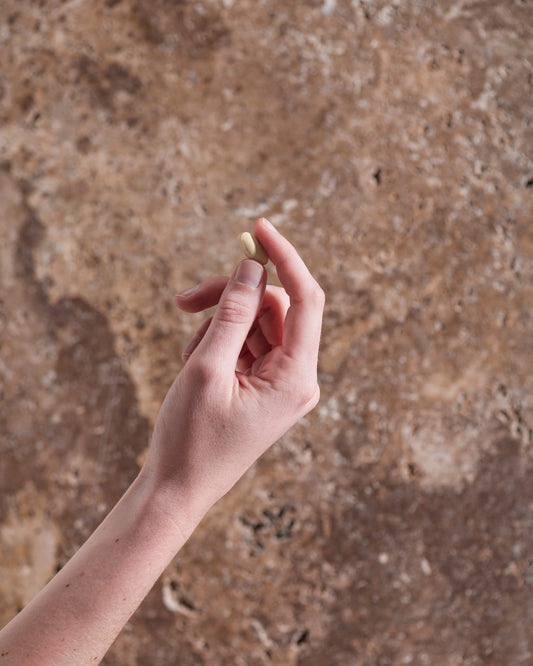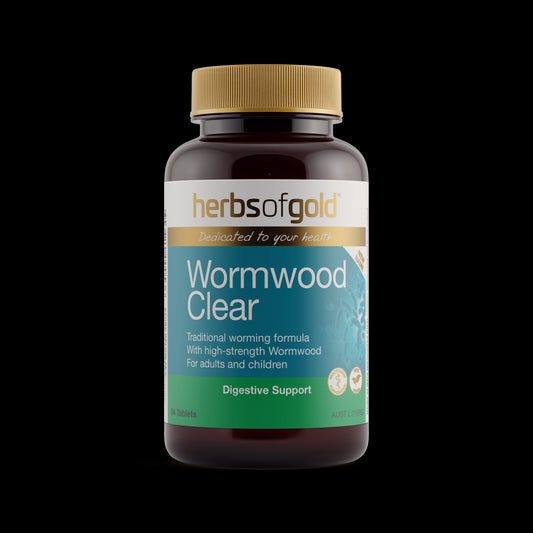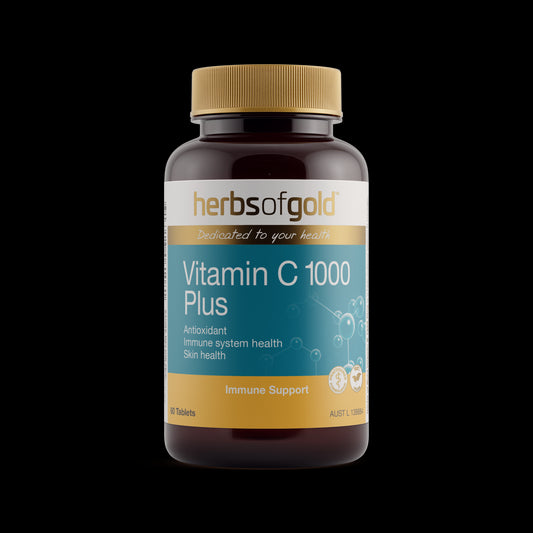What is Tyrosine?
Tyrosine is a non-essential amino acid that is naturally produced in the body from another amino acid called phenylalanine. It is one of the 20 amino acids used to build and grow protein cells and is an essential precursor for a wide range of diverse and far-reaching biochemical reactions in the body.
Sources of Tyrosine
Tyrosine is found in many foods, especially in cheese, where it was first discovered. In fact, “tyros” means “cheese” in Greek. Tyrosine can also be found in abundance in chicken, turkey, fish, dairy products and most other high-protein foods.
Tyrosine and neurotransmitters
Tyrosine is a fundamental compound needed for the creation of neurotransmitters.
Neurotransmitters are chemical messengers that can both excite and inhibit certain signals, such as mild anxiety, stress, and fear to both the brain and the body’s central nervous system.
Neurotransmitters are also associated with reward mechanisms in the brain which include feeling pleasure, achieving heightened arousal, and learning.
Specifically, tyrosine is required for the production of a group of neurotransmitters called catecholamines which are produced by the adrenal glands. These include:
Dopamine
Dopamine regulates your reward and pleasure centres. This important brain chemical is also important for memory and motor skills. The brain needs tyrosine to make dopamine and therefore create feelings of contentment.
Adrenaline and noradrenaline
These hormones are responsible for the fight-or-flight response to stressful situations. They prepare the body to “fight” or “flee” from a perceived attack or harm. While adrenaline is produced in the body during times of stress, chronic stress can deplete this over time so tyrosine can help to regulate this production and response.
Thyroid hormones
These are produced by the thyroid gland and primarily responsible for regulating metabolism.
Tyrosine and supporting a healthy stress response
Tyrosine supports a healthy stress response through its regulation of both dopamine and adrenaline.
Is there a difference between tyrosine and L-tyrosine?
Tyrosine and L-tyrosine have identical physical properties, but as a complicated chemical difference - they rotate plane polarized light in different direction.
Commonly when tyrosine is discussed or used in supplements, it is the L-tyrosine form that is used.
There is a less common form of tyrosine - D-tyrosine, which works as a specific precursor to produce the thyroid hormone – diiodotyrosine (DIT).
Herbs of Gold Tyrosine 1000
Herbs of Gold Tyrosine 1000 provides high-strength tyrosine in a convenient tablet dosage form. Herbs of Gold Tyrosine 1000 works as an essential precursor for the synthesis of neurotransmitters which help to maintain healthy nervous system function and a healthy stress response in the body.



